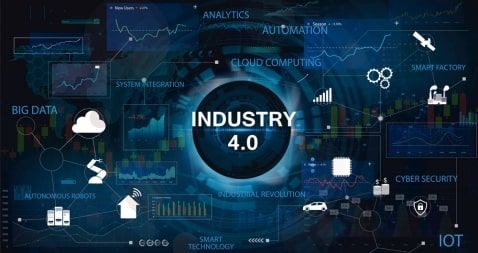Industry 4.0 or I4.0: New Opportunities in Manufacturing
In I4.0, cyber systems, the internet of things, and the internet of systems are combined in such a way that access to large amounts of data allows factories to be more efficient and more productive. Learn more about it.





